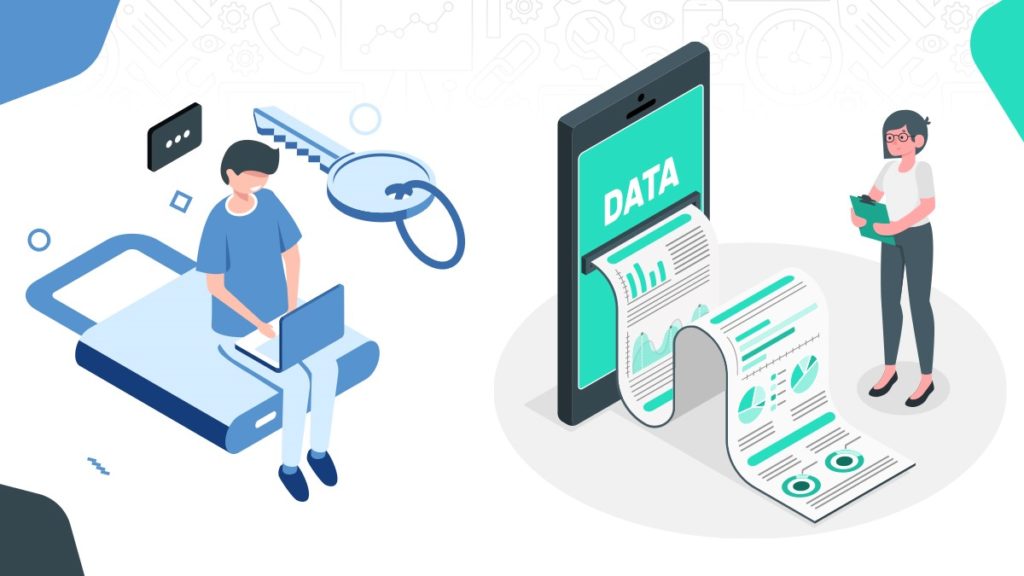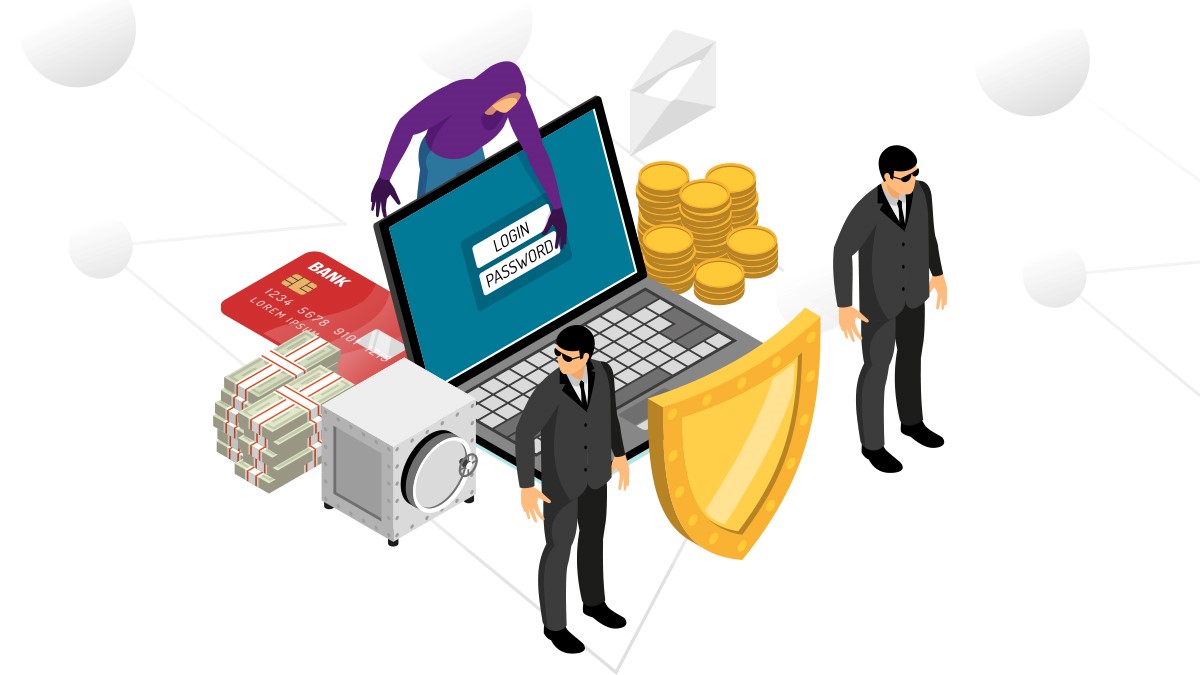As 2022 begins, cybersecurity and data breach prevention are on the top of the mind of every business owner and manager. However, many business owners still have a misconception that cyberattacks only strike at large organizations. Instead, small or mid-sized businesses are a more vulnerable and prime target for cyberattacks and data breaches.
According to the Data Breach Investigations Report (DBIR), 43% of cyberattacks aimed at small businesses. Thus, no matter what’s the size of your business, it’s imperative to protect your business from online attacks.
Do you have any idea, how far can a data breach take a toll on your business?
Data breaches may cause shattering financial losses and affect the reputation of your business. A study reveals that 29% of businesses that encountered a data breach end up losing huge revenue. According to the latest Cost of Data Breach Report from IBM Security, the average cost of a data breach has grown by 12% in the past five years to $3.92 million.
Certainly, the impact of a data breach is crippling for every business!
Let’s take a look at the following tips that may help you protect your business from a Data Breach in 2022.
Table of Contents
Choose The Right Cybersecurity Tools
Not having the right cybersecurity tools is like leaving the main door of your sweet home open at midnight!!
In this digitally connected world, it’s risky to run a business without having something to help protect your data.
Malware is one of the most common ways, by which hackers may get a hold on your data.
A malware into a computer is like an inroad for hackers.
Even so, with the right kind of cybersecurity tools, you can protect your devices from malware. A strong antivirus may help you with this!
If you already have an antivirus, make sure you are updating it regularly. Because the hackers always lookout for endangered spots that could break through. Updating your antivirus software, help block those potentially vulnerable spots and protect your devices.
Secure Your Internal Systems From Data Breach

To mitigate the possibility of cyberattacks, make sure that your internal IT systems are well-secured. For this, you can hire an in-house IT team or an IT service provider that manages your complete internal IT systems, dedicatedly. However, both approaches have a few pros and cons.
Hiring an in-house team means you have tighter cost control, instead, they will have a greater understanding of your IT systems, and as they are on-site can be able to respond instantly to incidents.
On the other side, outsourcing a professional IT team can be more cost-effective, as you can customize your package according to your requirements and budget. But, the downside is that you have to trust a third-party service provider for your internal IT systems.
Train Your Employees
Do you know, most of data breaches are the result of opening malicious emails, websites, files, and attachments?
According to the latest security report by IRONSCALES, more than 90% of successful online attacks are the result of a phishing email scam.
Hence, the prime step in securing your business from a data breach is educating your employees on how to stay observant and aware of such online threats. Every employee of your organization needs to be educated on malware, spam, ransomware, phishing, and social engineering attacks. Thus, train your employees regularly, so that they can determine and handle any iffy activity.
Use Encryption for Sensitive Information

Sensitive information such as trade secrets, financial data, acquisition plans and personal identifiable information (PII), must be secured.
You may use encryption to store your data, as it allows your data to be completely protected and makes it unreadable to unwanted access. It also safeguards flash drives and files stored in the cloud. Encryption is a savior for every business online. This is because any data stolen by a hacker will be scrambled and rendered meaningless. If used in the right way, any data stolen by online hackers will be useless.
There are three different types of encryption technologies that you can use to protect your business:
- Advanced Encryption Standard (AES)
- 256-bit encryption
- XTS block cipher
By implementing encryption throughout your systems you can secure your business from various outside attacks (such as lawsuits and regulatory fines) if data is stolen.
Do Not Ignore NIST Guidelines
NIST provides a set of IT security guidelines to better manage cybersecurity risks. NIST password suggestions are well-researched and trusted. Companies use the NIST standards as a baseline to protect their businesses from cyberattacks. Even if you are completely confident in your security, nothing can beat NIST standards. Thus, make sure that your company is following NIST guidelines.
Final Words!
Undoubtedly, data is the most important thing for every business.
Thus, it’s imperative to guard it religiously.
Sadly, hackers will do everything they can to stab your system, but it’s your job to protect your data from them!
Author Bio
Sachin Agrawal is an Enterprise Architect and heads up Business & Technology at Tarika Technologies. He carries the expertise and a flair for writing on Management Consulting, Software & Analytics, and Digital Media. Apart from distilling his technical ideas into creating innovative solutions, he is a practitioner of Haidong Gumdo and at his leisure, taps the Cajon and strums his Guitar! You can connect with him on LinkedIn.

Alex is fascinated with “understanding” people. It’s actually what drives everything he does. He believes in a thoughtful exploration of how you shape your thoughts, experience of the world.



